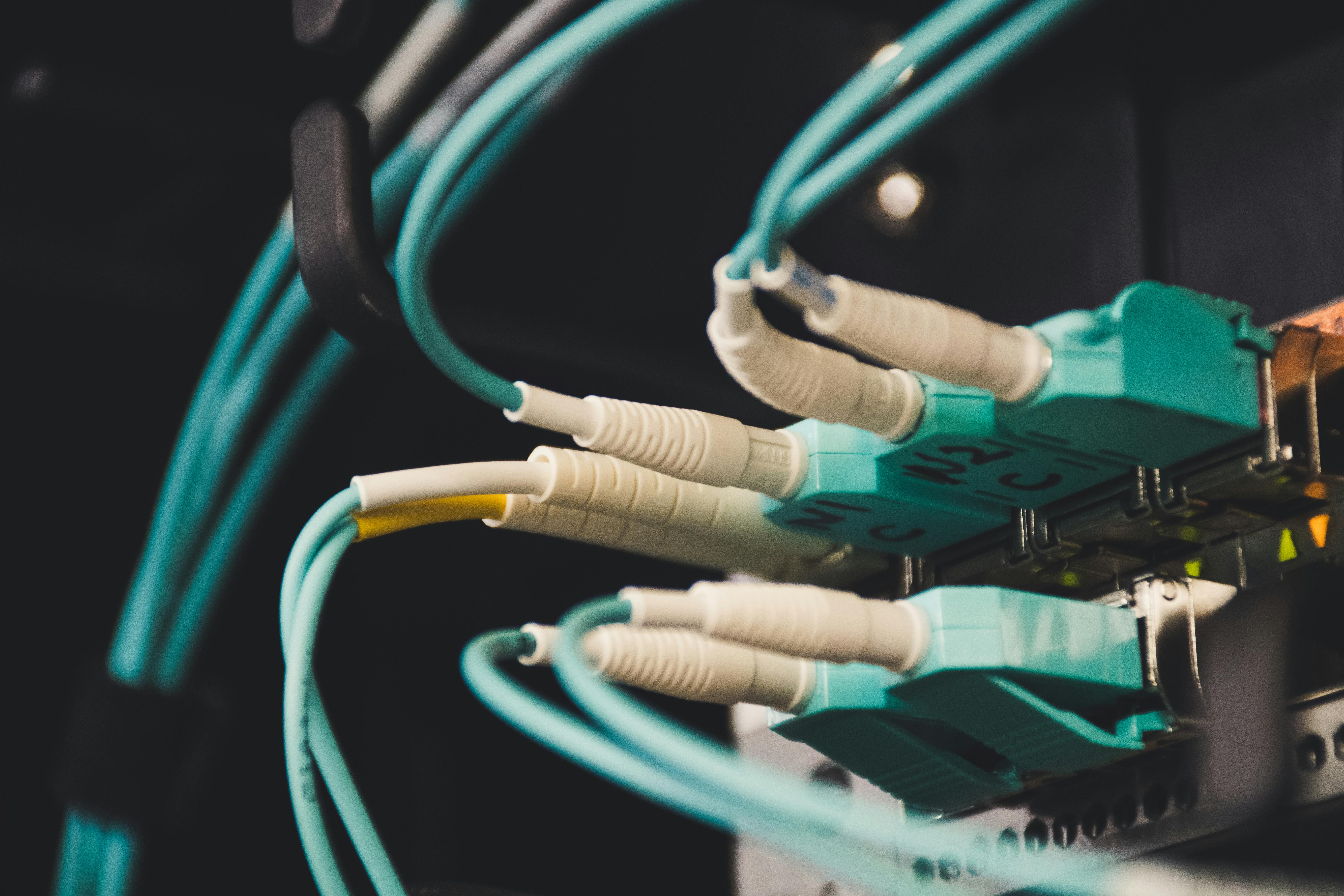Biohacking Your Brain: The Neuroscience of Cognitive Enhancement
Can you imagine a world where you could effortlessly boost your memory, sharpen your focus, and enhance your problem-solving skills? Welcome to the fascinating realm of cognitive biohacking, where cutting-edge neuroscience meets personal optimization. This article delves into the innovative strategies and scientific breakthroughs that are revolutionizing our understanding of brain enhancement.

Cognitive biohacking emerged as a subculture in the early 2000s, driven by tech enthusiasts and self-experimenters. Initially focused on nootropics and DIY brain stimulation, the field has since expanded to encompass a wide range of scientifically-backed approaches. Today, cognitive biohacking integrates neurofeedback, mindfulness practices, and advanced neuroimaging techniques to unlock the brain’s full potential.
Understanding Neuroplasticity: The Key to Cognitive Enhancement
At the heart of cognitive biohacking lies the concept of neuroplasticity – the brain’s remarkable ability to reorganize itself by forming new neural connections. This process occurs throughout our lives, allowing us to learn, adapt, and recover from injuries. By leveraging neuroplasticity, cognitive biohackers aim to optimize brain function and enhance cognitive abilities.
Research has shown that targeted interventions can stimulate neuroplasticity, leading to improvements in memory, attention, and overall cognitive performance. For instance, a study published in the Journal of Neuroscience found that specific cognitive training exercises can increase the density of neural connections in the prefrontal cortex, an area crucial for executive functions.
Neurofeedback: Training Your Brain in Real-Time
One of the most promising tools in the cognitive biohacker’s arsenal is neurofeedback. This technique involves monitoring brain activity in real-time and providing immediate feedback, allowing individuals to learn how to modulate their own neural patterns. Advanced EEG systems now enable users to visualize their brain waves and practice controlling specific cognitive states.
A groundbreaking study conducted at the University of California, Los Angeles, demonstrated that neurofeedback training could significantly enhance working memory and attention in healthy adults. Participants who underwent 30 sessions of targeted neurofeedback showed a 30% improvement in cognitive task performance compared to the control group.
Transcranial Direct Current Stimulation: Gentle Electrical Boost
Transcranial direct current stimulation (tDCS) has gained traction as a non-invasive method for enhancing cognitive function. This technique involves applying weak electrical currents to specific areas of the scalp, modulating neural activity in the underlying brain regions. While still considered experimental, early research shows promising results for improving memory, learning, and even creativity.
A meta-analysis published in the journal Brain Stimulation reviewed 12 studies on tDCS and found consistent improvements in working memory across diverse populations. However, researchers emphasize the need for further investigation to fully understand the long-term effects and optimal protocols for tDCS use.
Mindfulness and Meditation: Ancient Wisdom Meets Modern Science
While high-tech solutions dominate the cognitive biohacking landscape, ancient practices like mindfulness and meditation have found renewed interest backed by scientific evidence. Neuroimaging studies have revealed that regular meditation can lead to structural changes in the brain, particularly in areas associated with attention, emotional regulation, and self-awareness.
A landmark study from Harvard Medical School found that just eight weeks of mindfulness meditation training resulted in increased gray matter density in the hippocampus, a region crucial for learning and memory. Additionally, participants reported significant improvements in perceived stress levels and cognitive flexibility.
Nutritional Neuroscience: Feeding Your Brain for Optimal Performance
The emerging field of nutritional neuroscience explores how dietary choices impact brain function and cognitive abilities. Cognitive biohackers are leveraging this knowledge to create targeted nutrition plans that support brain health and enhance mental performance.
Recent research has highlighted the importance of omega-3 fatty acids, antioxidants, and specific micronutrients in maintaining optimal cognitive function. A study published in the American Journal of Clinical Nutrition found that a diet rich in flavonoids, particularly those found in berries and cocoa, was associated with slower rates of age-related cognitive decline.
Brain-Boosting Insights: Tips for Cognitive Enhancement
-
Practice daily neurobics exercises to create new neural pathways
-
Engage in regular cardiovascular exercise to increase brain-derived neurotrophic factor (BDNF)
-
Incorporate intermittent fasting to promote neurogenesis and cognitive flexibility
-
Experiment with blue light exposure to regulate circadian rhythms and enhance alertness
-
Try binaural beats during focused work sessions to induce specific brainwave states
-
Supplement with adaptogens like Rhodiola rosea to improve stress resilience and mental performance
-
Explore virtual reality cognitive training programs for immersive brain exercises
As we continue to unravel the mysteries of the human brain, cognitive biohacking offers exciting possibilities for enhancing our mental capabilities. By combining cutting-edge neuroscience with personalized interventions, we can unlock new levels of cognitive performance and well-being. However, it’s crucial to approach these techniques with caution and scientific skepticism, always prioritizing safety and evidence-based practices. The journey to optimize our brains is just beginning, and the future of cognitive enhancement holds immense potential for personal and societal growth.






